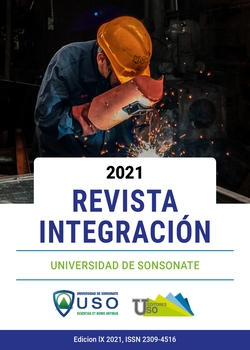The act of conciliation in the civil and commercial sphere
DOI:
https://doi.org/10.5377/ri.v1i9.18456Keywords:
Reconciliation, Autocompositive, LegislationAbstract
The article discusses conciliation in civil and commercial matters, defined as a mechanism to avoid the initiation or continuation of legal proceedings. This method allows the parties to resolve their differences with the help of a neutral third party, such as a judge or arbitrator. Its importance as a form of self-compositive resolution, where there are neither winners nor losers, is emphasized, and the procedures and legal competencies in Salvadoran legislation are detailed, including cases where conciliation is not applicable.
179
Downloads
Published
How to Cite
Issue
Section
License

This work is licensed under a Creative Commons Attribution-NonCommercial-ShareAlike 4.0 International License.
You are free to:
- Share — copy and redistribute the material in any medium or format
- Adapt — remix, transform, and build upon the material
- The licensor cannot revoke these freedoms as long as you follow the license terms.
Under the following terms:
- Attribution — You must give appropriate credit , provide a link to the license, and indicate if changes were made . You may do so in any reasonable manner, but not in any way that suggests the licensor endorses you or your use.
- NonCommercial — You may not use the material for commercial purposes .
- ShareAlike — If you remix, transform, or build upon the material, you must distribute your contributions under the same license as the original.
- No additional restrictions — You may not apply legal terms or technological measures that legally restrict others from doing anything the license permits.
Notices:
You do not have to comply with the license for elements of the material in the public domain or where your use is permitted by an applicable exception or limitation .
No warranties are given. The license may not give you all of the permissions necessary for your intended use. For example, other rights such as publicity, privacy, or moral rights may limit how you use the material.




